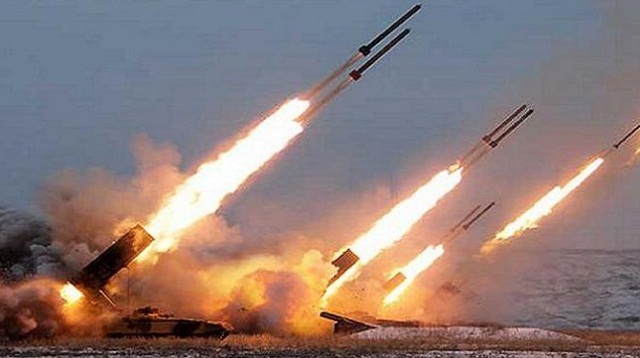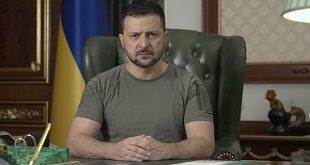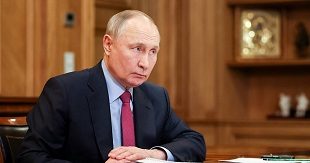
His own military was nervous that too broad an action would risk a clash with Russian forces, but when it came time to act the targets were carefully chosen and the impact limited.
Afterwards, a senior US official insisted that Washington would continue to press Russia to cajole Assad into the Geneva talks, seeking “constitutional reform and free and fair elections.”
Trump, however, has still not committed to extending the US military presence after the IS group’s defeat and his planned withdrawal may send a stronger signal to Assad than any strikes.
For all the diplomatic, political and media attention paid to Saturday’s allied strikes it was not an especially violent day by Syria’s recent standards.
The country has been in the grip of a multi-faction civil war for more than seven years and more than 350,000 people have been killed, most of them civilians.
US and allied aircraft regularly carry out strikes against the Islamic State group, while Russian planes strike opposition areas on behalf of Assad.
Turkey has intervened in northern Syria against armed Kurdish groups, and earlier this week Israeli jets bombed a Syrian airfield used by Iranian forces.
Even last Saturday’s alleged chemical weapons attack on the Damascus suburb of Douma, which triggered the western response, was only the latest in an ugly series.
– ‘Locked and loaded’ –
Meanwhile, Assad remains free to complete his brutal reconquest of shrinking rebel-held enclaves despite tough talk from US officials, particularly Haley, who warned Russia the allies remain “locked and loaded.”
But the short target list and the clear determination of US commanders to avoid a clash with Assad’s Russian protectors may have inadvertently sent an entirely different signal.
“I’m not sure whether he will get the message not to use chemical weapons anymore,” warned Faysal Itani, senior fellow at the Atlantic Council’s Rafik Hariri Center for the Middle East.
“I think, if anything, these strikes tell him: ‘Look, these are the only things you can’t do. Everything else you want to do it’s fine,'” he told AFP.
“And it’s a correct reading of the situation.”
 The Independent Uganda: You get the Truth we Pay the Price
The Independent Uganda: You get the Truth we Pay the Price


